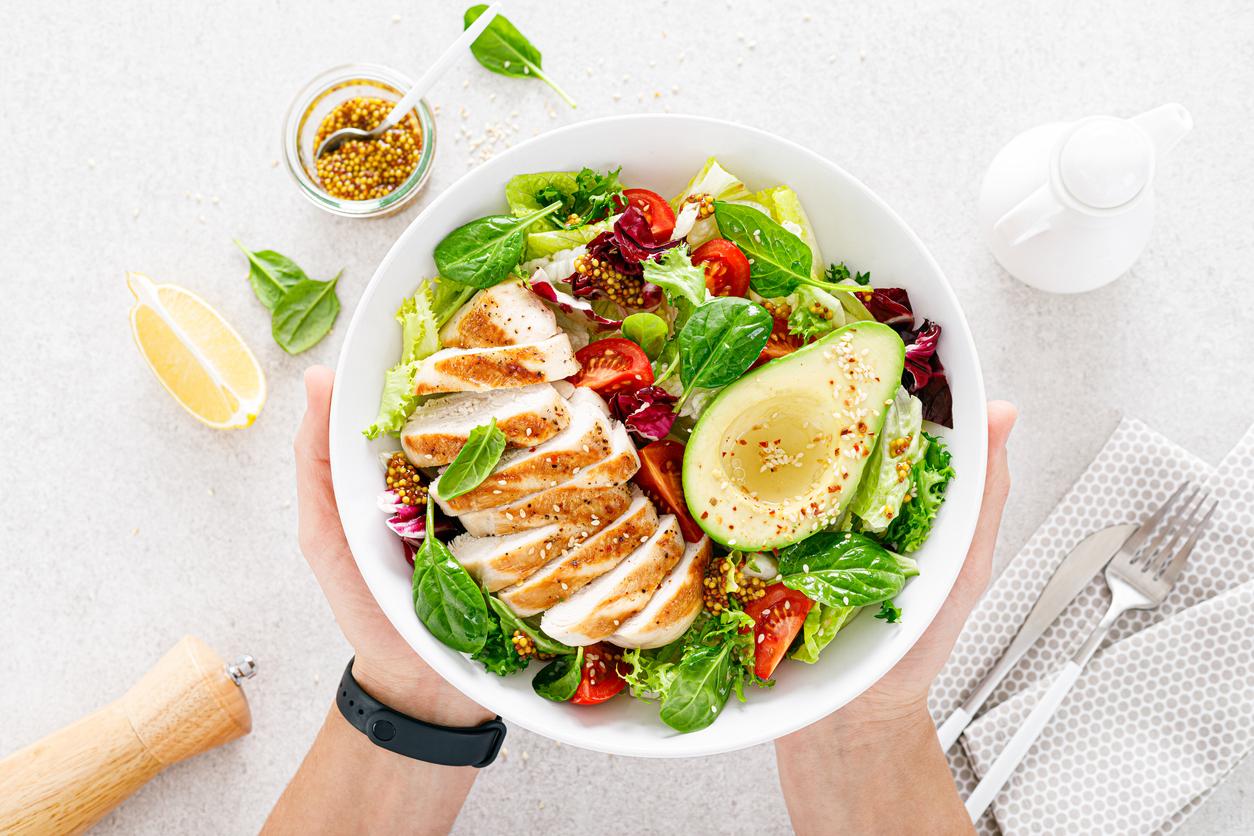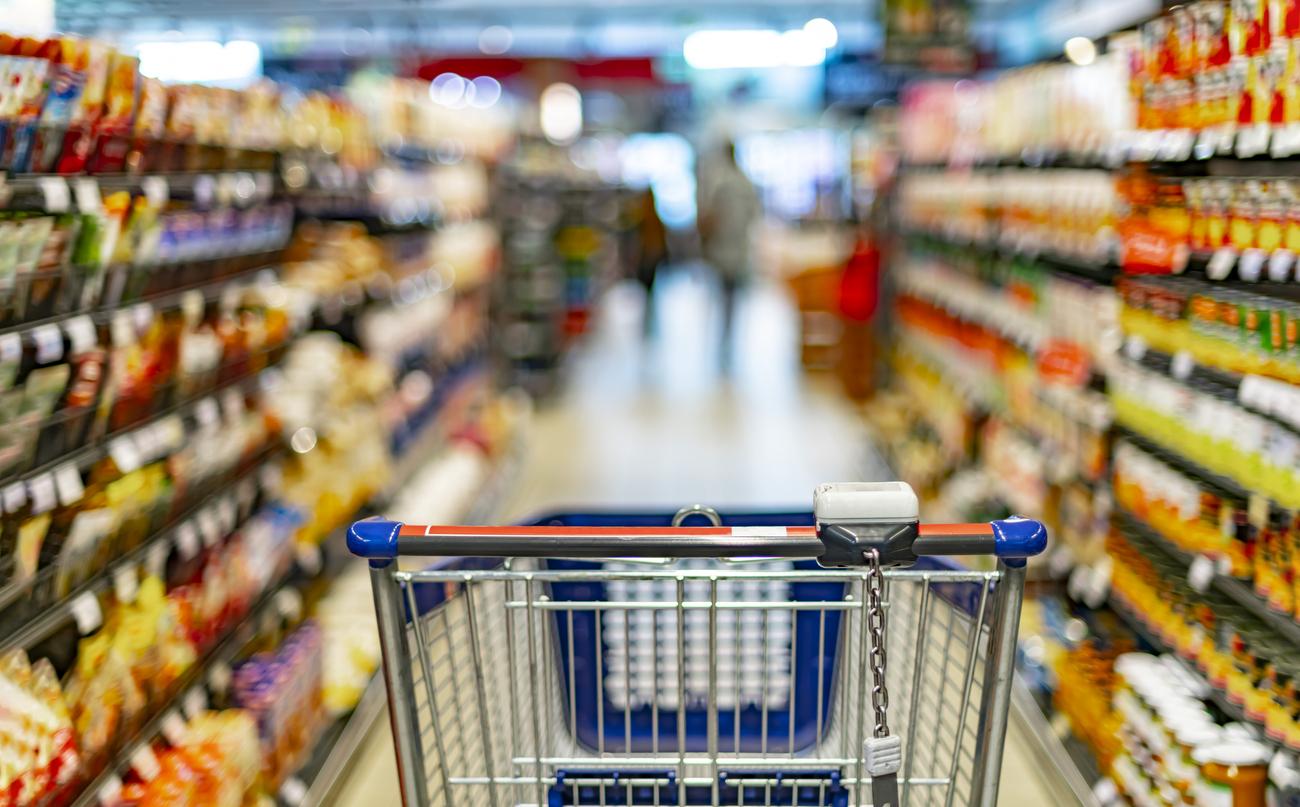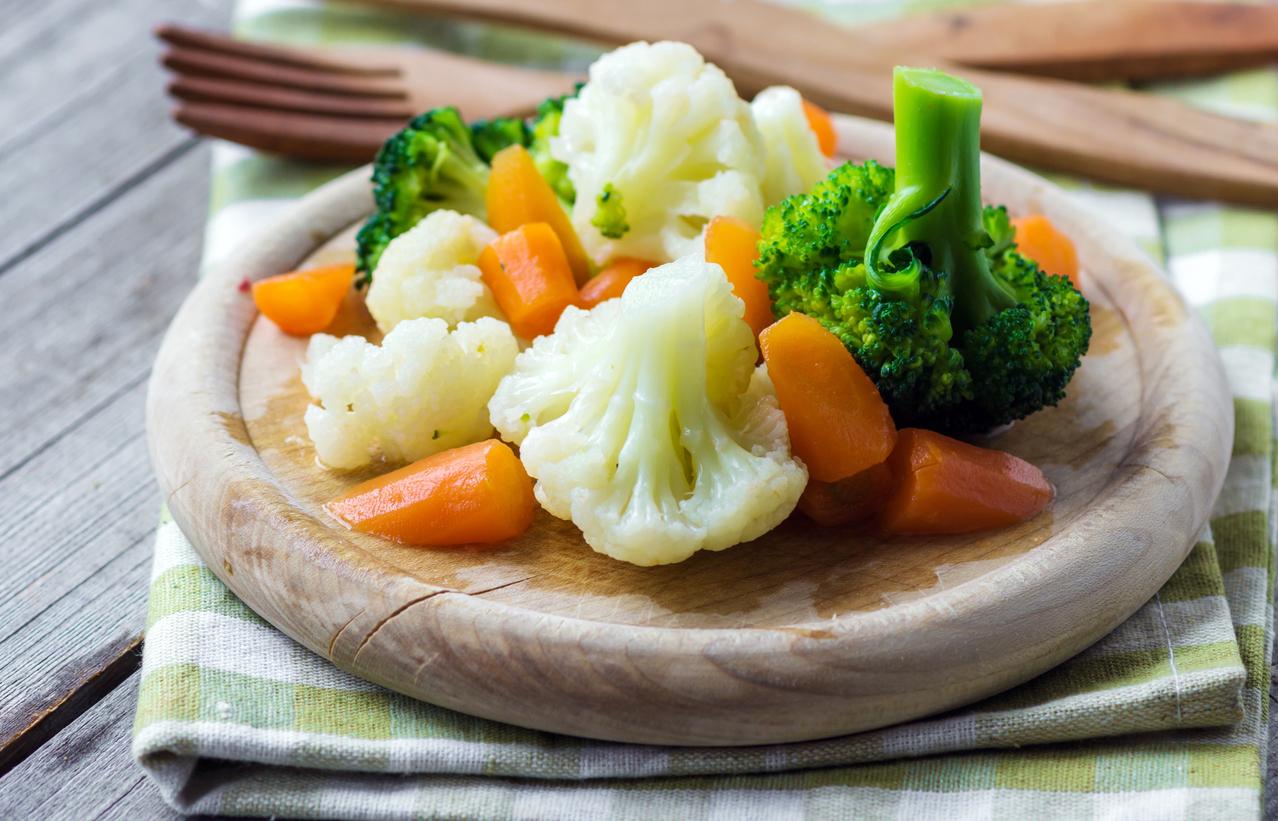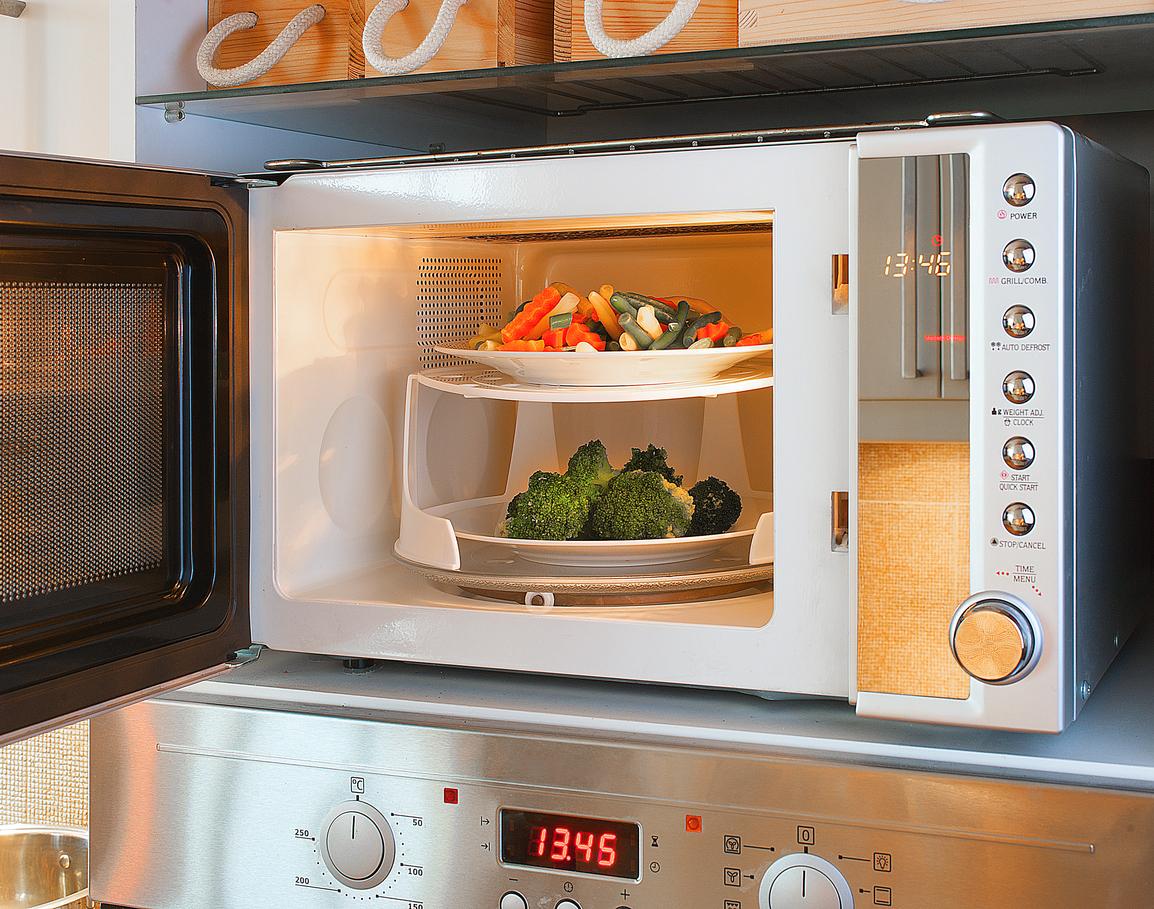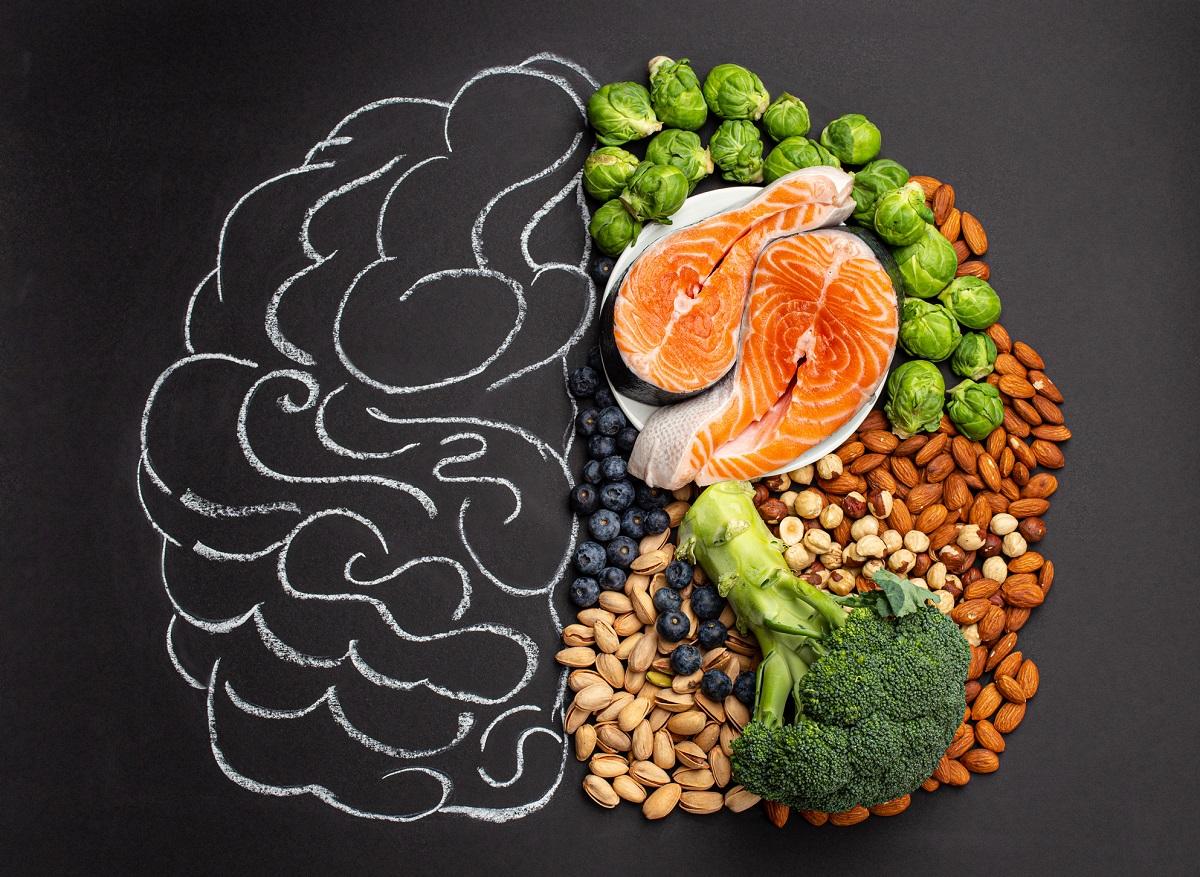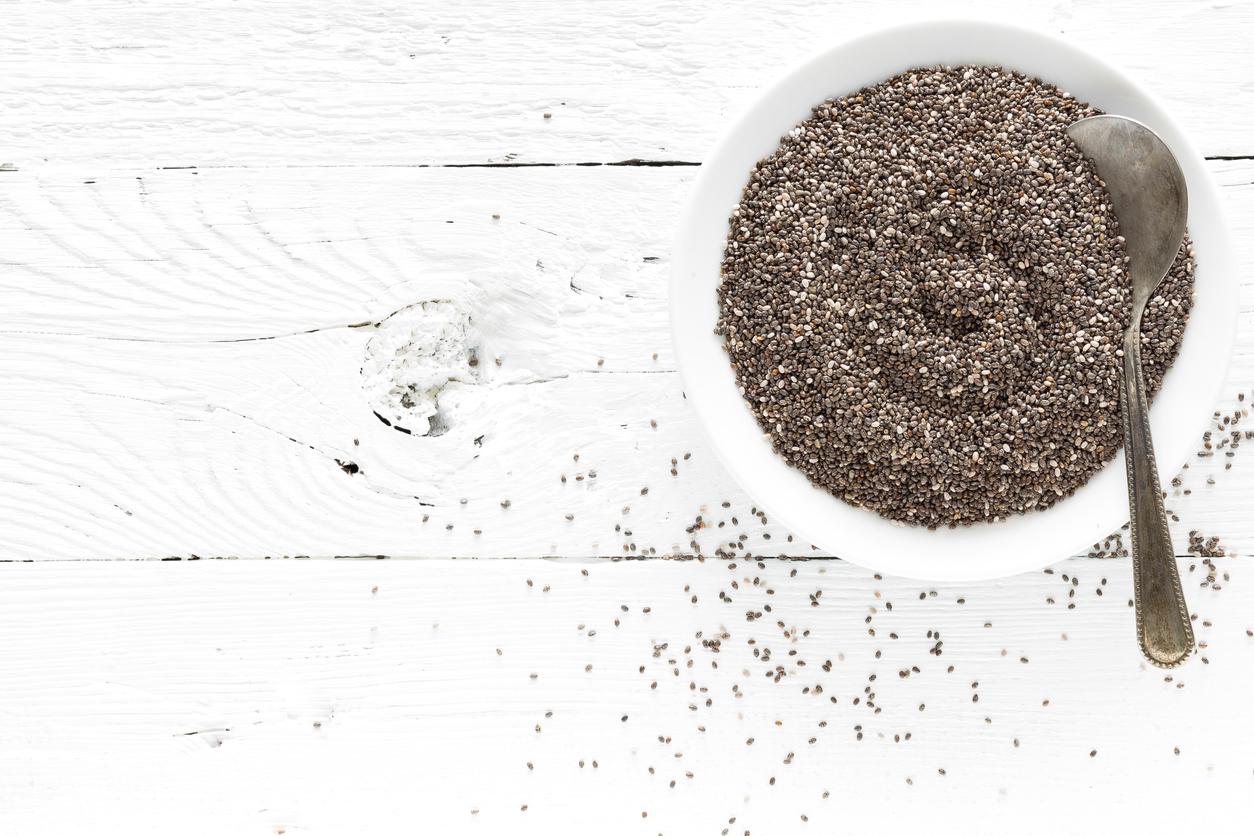To varying degrees, from the moment food is washed, peeled, preserved, frozen, they lose some of their nutrients. Thus, if the fact of rinsing the fruits and vegetables does not modify their vitamin or mineral content, a long soaking, especially if they are already peeled and cut, causes them to lose part of it. Similarly, peeling the skin of fresh fruits and vegetables rich in vitamins, minerals and antioxidants eliminates up to 25% of these molecules.
As for preserves, the manufacture of which must (according to the legislation in force) be carried out within hours of harvesting the plants, fishing, etc., they are often salted and sterilized, which leads to the destruction of vitamins. fragile such as vitamins B9 and C, not to mention the impregnation of salt and the leakage of minerals into the covering liquid.
“As for freezing, preceded by a bleaching operation, it also partially destroys the vitamins (44% of the vitamin C and 15% of vitamin B9 for peas for example, loss of 60% of vitamin A in carrots after one year in frozen storage) and Omega 3. Not to mention that the product, although frozen, continues to age throughout its conservation and loses minerals and vitamins over time. Finally, certain trace elements are also destroyed, especially in frozen fish”, emphasizes Nathalie Négro.
Pay attention to the temperatures!
It is a fact, the longer food is cooked at a high temperature and for a long time, the more it risks releasing toxic substances (benzopyrene from frying and grilling on the barbecue, acrolein from overheated fats, etc.) that we suspected of increasing the long-term risk of cancer or blood vessel disease. Studies are underway to assess the deleterious effects of these substances on health. In the meantime, it is therefore better to favor short cooking times, at moderate heat (from 130 to 180°C in the oven) and without grilling or burning.









